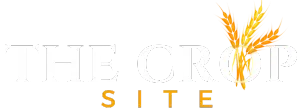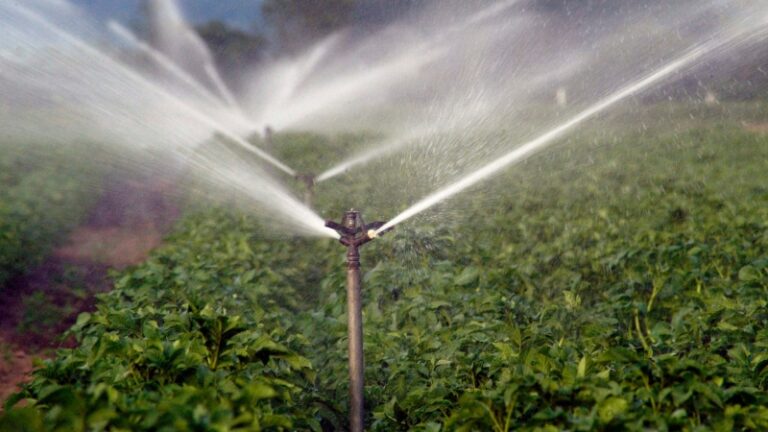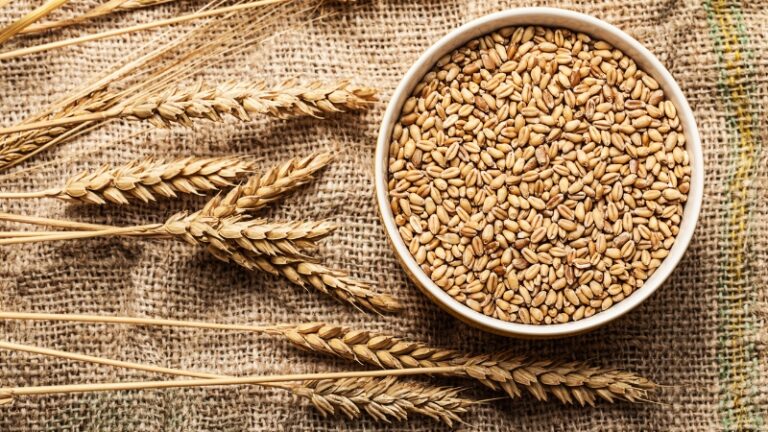A good nutrition plan can make the difference between winning and struggling. Athletes need the right mix of nutrients to fuel their bodies, maintain energy, and recover quickly.
Without a balanced diet, it’s tough to stay in top shape or recover after intense training. Many athletes also rely on supplements for extra support, but the foundation always comes back to good food choices.
Fuel for Peak Performance
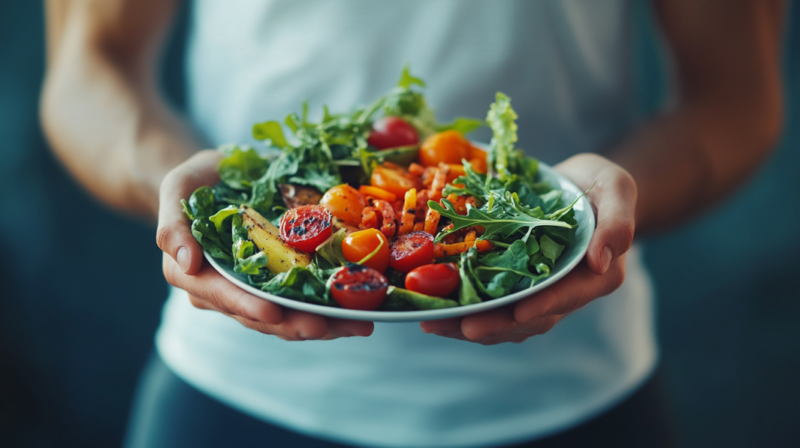
Getting the right fuel is key for athletes looking to perform at their best. Another major factor is detox. Without proper nutrition, even the most dedicated training plan can fall flat.
Carbohydrates
They provide quick fuel for high-intensity activities and long-lasting energy for endurance sports. Studies show that athletes who consume enough carbs can improve their performance by as much as 20% during endurance events. Carbs help maintain glycogen levels in the muscles, which directly impacts energy levels during workouts.
Protein
After a tough workout, protein helps repair the tiny tears in muscles caused by intense activity. Athletes typically aim for around 1.6 to 2.2 grams of protein per kilogram of body weight per day. For instance, a 70 kg athlete would need around 112 to 154 grams of protein daily.
Foods like chicken, eggs, and fish are top choices. Athletes who want quick recovery often turn to protein shakes, which offer a fast and convenient option to meet daily intake needs.
Fats
While carbs are great for quick bursts, fats provide energy during prolonged exercise. About 20-35% of an athlete’s total calorie intake should come from healthy fats. Nuts, seeds, and avocados are excellent examples of healthy fat sources.
Example of a Balanced Pre-Workout Meal
- 60% Carbohydrates: Whole wheat pasta
- 25% Protein: Grilled chicken breast
- 15% Fats: Olive oil dressing on a salad – This balance ensures the body gets enough quick and long-lasting energy, along with muscle-repairing protein.
Must-Have Nutrients for Athletes
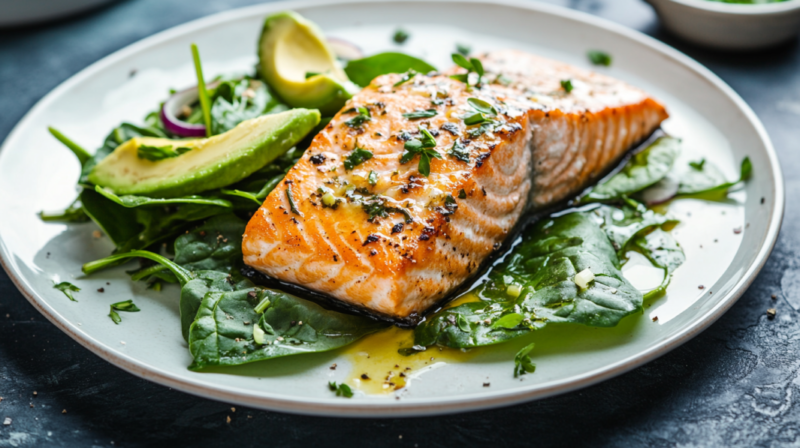
Each nutrient serves a different purpose, from providing energy to repairing muscles and preventing injury. A well-rounded diet that includes the right balance of macronutrients and micronutrients is essential for any athlete aiming to perform their best.
It may sound simple to many, but each individual needs a specific nutrition plan to achieve the best results. You can even go a step further, and get a nutrition certification. To learn more about this, check out ASFA.
While we already mentioned fats, carbs, and protein, there are other important nutrients essential for proper nutrition.
Micronutrients
Vitamins and minerals are crucial for maintaining overall health and supporting athletic performance. For example, calcium and vitamin D are necessary for bone health, while iron is important for oxygen transport in the blood.
A lack of essential vitamins and minerals can lead to fatigue, muscle cramps, and decreased performance.
Hydration
While water isn’t technically a nutrient, staying hydrated is crucial for any athlete. Dehydration can impair performance, reduce endurance, and even lead to heat-related illnesses.
Athletes should aim to drink water consistently throughout the day, increasing intake before, during, and after exercise. For longer sessions, electrolyte-rich drinks can help maintain hydration levels.
Example Meal for Balanced Nutrition
- Whole wheat bread (carbohydrates)
- Grilled salmon (protein and healthy fats)
- Spinach and avocado salad (micronutrients and fats)
- Water or an electrolyte drink for hydration
How Can You Boost Performance With the Right Meal Plan?
Nutrition plays a big role in boosting energy levels, maintaining focus, and sustaining endurance throughout an event or training session. Knowing which foods to eat and when to eat them can make all the difference.
Timing for Maximum Performance
The timing of meals and snacks is critical for athletes. Eating the right foods at the right time can provide the energy needed to perform at peak levels.
Ideally, athletes should eat a meal 3-4 hours before training or competition. Eating too soon before exercise can lead to discomfort while eating too late might not provide enough energy.
A small snack, such as a piece of fruit or a granola bar, can be eaten 30-60 minutes before training to top off energy stores. After the workout, it’s important to refuel with a mix of protein and carbohydrates within 30-60 minutes.
Caffeine: A Natural Performance Booster
Caffeine has long been used as a natural performance enhancer. Studies show that consuming caffeine before exercise can increase focus, reduce the perception of effort, and improve endurance.
Many athletes consume coffee or take caffeine supplements an hour before their workout to take advantage of these benefits. The recommended dose is usually around 3-6 mg per kilogram of body weight, depending on tolerance.
Nitrate-Rich Foods for Endurance
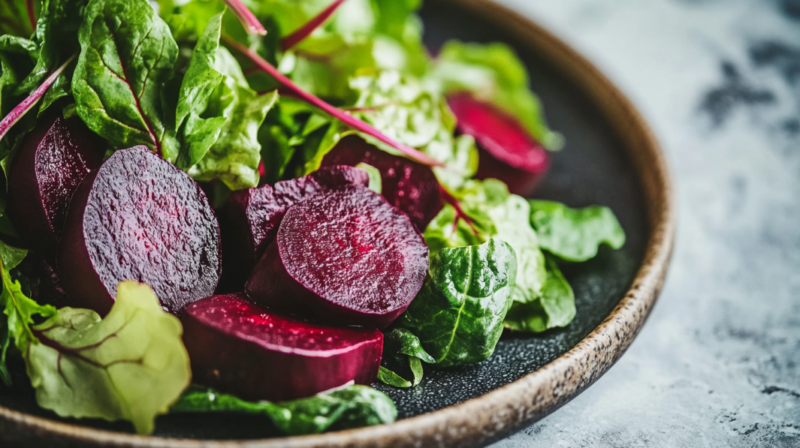
Recent research highlights the benefits of nitrate-rich foods like beets and leafy greens in boosting endurance. Nitrates improve blood flow and help muscles use oxygen more efficiently, making them a favorite among endurance athletes.
Drinking beetroot juice 2-3 hours before exercise has been shown to improve performance, especially in sports that require stamina.
Energy Gels and Sports Drinks
During long or high-intensity sessions, athletes may use energy gels or sports drinks to maintain energy levels. These products are designed to provide quick-absorbing carbohydrates that the body can use immediately for fuel. In endurance sports like cycling or marathons, consuming a gel every 30-45 minutes can help sustain energy.
Key Stats to Know
Post-Training Nutrition
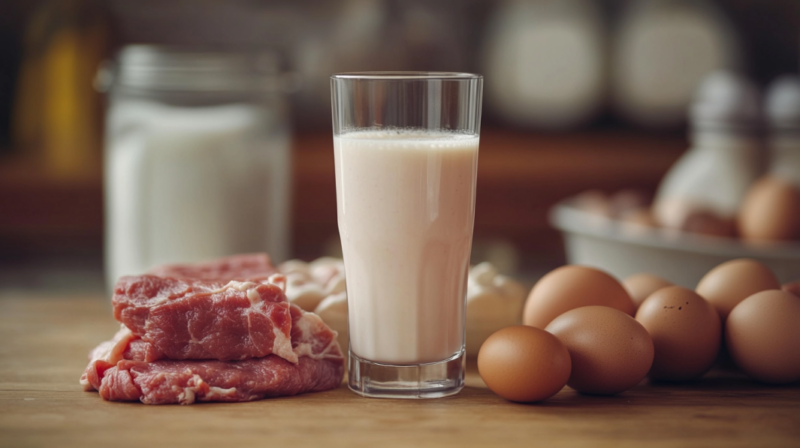
Recovery is just as important as the workout itself. After intense training, the body needs the right nutrients to rebuild muscle, replenish energy stores, and reduce muscle soreness.
What athletes eat immediately after a session can make a significant difference in how well they recover and prepare for the next challenge.
Protein for Muscle Repair
Protein is critical after training, especially for strength athletes. During exercise, muscle fibers experience tiny tears that need to be repaired. Protein helps rebuild these fibers, making muscles stronger.
The goal is to consume around 20-30 grams of protein within 30-60 minutes post-workout to kickstart recovery. Athletes commonly reach for options like a protein shake, lean meats, or eggs to meet their recovery needs.
Carbohydrates to Replenish Energy
Carbohydrates play a big role in restoring glycogen levels after exercise. This is particularly important for endurance athletes who deplete their glycogen stores during long sessions.
Consuming simple carbs such as fruit, rice, or even sports drinks shortly after training helps replenish these stores, allowing for quicker recovery.
Hydration for Recovery
Staying hydrated post-training is vital. Water, along with electrolytes, needs to be replenished to help the body recover from dehydration and maintain normal bodily functions.
Drinking water or an electrolyte drink is essential, especially after heavy sweating.
Example Post-Workout Meal
- Grilled chicken breast (protein)
- Sweet potato (carbs)
- Spinach salad (vitamins and fiber)
- Water or an electrolyte drink
Supplements: Worth It or Not?
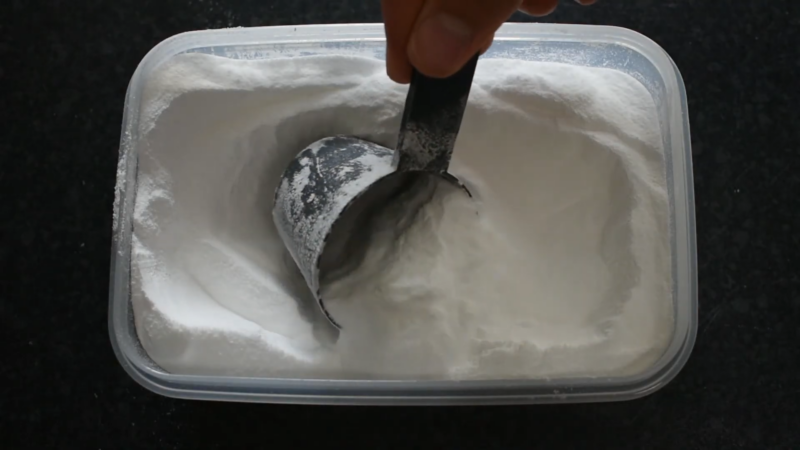
Supplements are a hot topic in sports, with athletes using them to gain an edge in performance, recovery, and overall health. While some supplements can be beneficial, it’s important to know which ones actually work and which are just hype.
Protein Powders: Convenient, but Necessary?
Protein powders, like whey and plant-based options, are some of the most popular supplements among athletes. They provide a quick and easy way to boost protein intake, especially for those who find it challenging to meet their daily needs through food alone.
However, they aren’t always necessary. Athletes who already get enough protein from whole foods like chicken, eggs, and beans may not need the extra boost.
Creatine: Proven Performance Enhancer
Creatine is one of the most researched and proven supplements for increasing strength and muscle mass. It works by boosting the body’s supply of ATP, the energy molecule that powers short bursts of intense activity.
Studies show that athletes who take creatine see improvements in power and performance, especially in high-intensity sports like sprinting or weightlifting. The recommended dose is typically 3-5 grams daily.
BCAAs: Overrated or Useful?
Branched-chain amino acids (BCAAs) are another popular supplement aimed at supporting muscle recovery and reducing soreness. While BCAAs do help with muscle repair, most athletes already get enough of these amino acids from their daily protein intake.
If you’re consuming enough protein through food or shakes, additional BCAA supplements may not offer much benefit. However, for those who don’t get enough protein, BCAAs can be helpful.
Key Stats to Know
FAQs
Last Words
Proper nutrition is essential for athletes aiming to perform at their best. By focusing on a balanced intake of carbohydrates, proteins, and fats, and ensuring the right timing for meals, athletes can boost their performance, speed up recovery, and prevent injuries. Supplements can be helpful, but they should be used wisely alongside a nutritious diet.
